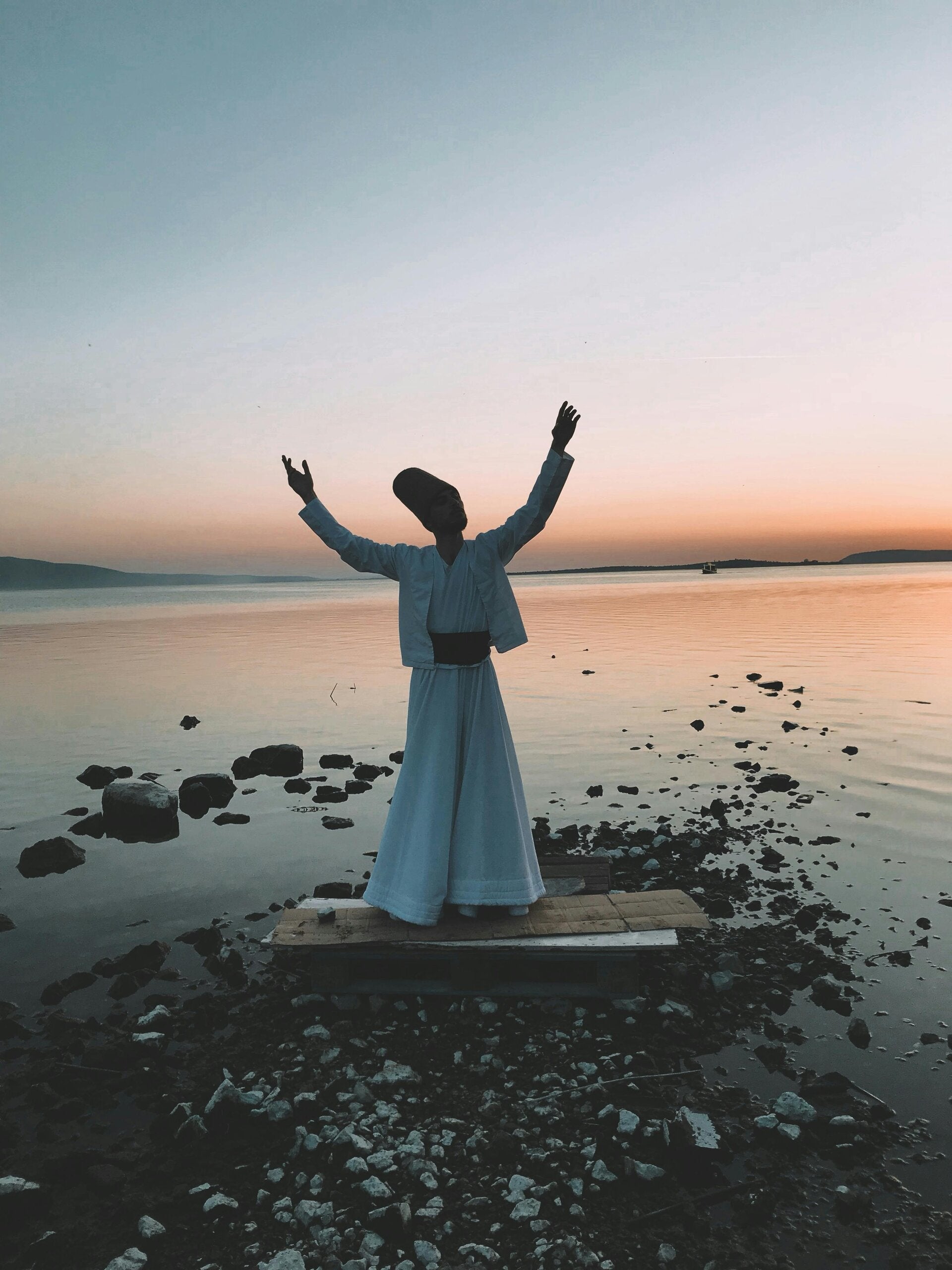Covenant of Earendel
Throughout human history, the dawn has held a profound place in our collective consciousness: the birth of a new day, the gentle unfurling of golden light across a darkened horizon, the promise that night will always give way to morning. Across cultures and epochs, rituals and beliefs surrounding the first light have endured, each carrying their own mythologies and meanings. Among these is the poetic concept of the “Covenant of the Light of Dawn”—a metaphorical and sometimes literal pact that binds people to renewal, hope, and a higher purpose at the very moment darkness recedes.

Origins and Mythic Resonance
The reverence for dawn is woven deeply into the mythic fabric of countless civilizations. In ancient Egypt, Ra, the sun god, was believed to journey through the underworld each night, only to arise triumphant in the east at dawn—a daily resurrection myth that inspired rituals of gratitude and oaths of allegiance at sunrise. In Hindu tradition, Surya, the sun deity, is invoked at dawn for blessings and guidance, while the Vedas—the world’s oldest scriptures—contain hymns dedicated to Ushas, the goddess of dawn, who dispels darkness and awakens life.
In Greek mythology, Eos, the rosy-fingered goddess of the dawn, opens the gates of heaven each morning, signaling a time of renewal and possibility. Native American tribes, such as the Lakota and Hopi, conduct sunrise ceremonies where the first rays are greeted with prayer, song, and the setting of intentions for the day. These ancient narratives, though diverse in detail, converge in their understanding of dawn as a sacred threshold—a moment when vows, dreams, and communal agreements are especially potent.
The Covenant: Symbolism and Meaning
At its core, the Covenant of the Light of Dawn represents more than a mere tradition; it is an agreement, whether formal or deeply personal, to embrace the gifts and responsibilities that each new day brings. To make such a covenant is to acknowledge the cyclical nature of existence—darkness yielding to light, despair giving way to hope, inaction transforming to resolve.
-
Renewal: The breaking of dawn signals a reset, a clean slate. In the covenant, individuals and communities recommit to values, goals, and aspirations that may have faltered in the shadow of yesterday’s disappointments.
-
Hope: With the first light comes the assurance that change is possible and growth inevitable. The covenant invites participants to foster optimism, even in the aftermath of setbacks.
-
Unity: Dawn is universal—every culture, every person, witnesses the sunrise. It is a time when differences are momentarily suspended as all stand in awe of the same celestial event. The covenant thus becomes a force for communal harmony and shared purpose.
-
Awakening: Just as the world stirs at dawn, so too does the spirit awaken to new opportunities. The covenant is a call to mindfulness, to greet each day as a sacred trust.

Rituals and Expressions Across Cultures
The physical act of reaffirming the Covenant of the Light of Dawn varies widely, yet the essence remains: intentionality at the threshold of day. In Japan, the tradition of hatsuhinode involves journeying to mountaintops or coastlines to witness the year’s first sunrise, accompanied by silent reflection or whispered pledges. In Christianity, Easter sunrise services echo the resurrection theme, with congregants gathering before dawn to renew faith and celebrate new beginnings.
In the contemporary world, individuals may practice dawn meditation, yoga, or journal-writing, using the quiet of early morning to set intentions, offer gratitude, or forgive past grievances. Environmental groups sometimes hold sunrise cleanups or tree-plantings, binding their activism to the symbolism of new light. Even in the urban sprawl, where sunlight first glimmers off glass towers, people pause to photograph the dawn—a modern ritual of acknowledgment and reverence.

Modern Interpretations and Applications
The covenant’s relevance endures in an age often characterized by digital distraction and existential uncertainty. As society reckons with challenges—climate change, social fragmentation, personal alienation—the metaphor of the light of dawn offers a way forward: to meet each crisis with resolve, to believe in renewal, and to ground collective action in shared hope.
Organizations, too, have adopted dawn-inspired symbolism in their missions and branding. Educational institutions schedule “daybreak pledges” for students, encouraging the start of each day with purpose and integrity. Support groups, whether for recovery or empowerment, frame sunrise meetings as safe spaces for candor and encouragement. Even international movements—such as Earth Hour or World Peace Day—choose sunrise for mass gatherings, recognizing its unifying potential.
Psychological and Philosophical Dimensions
Psychologists note that morning rituals, especially those centered on intention-setting, significantly shape mindset, productivity, and well-being. The Covenant of the Light of Dawn externalizes this process: by formalizing the transition from night to day, people ritualize the act of letting go, recommitting, and embracing possibility.
Philosophically, dawn is the perennial reminder of impermanence and continual becoming. The covenant is not a one-time vow, but a daily practice—a recognition that enlightenment and purpose must be pursued anew, with humility and perseverance. It is the invitation to meet each sunrise not as a given, but as a gift.
The Covenant of the Light of Dawn is both ancient and ever-renewing, a bridge between myth and modernity, solitude and community, dream and action. Whether marked by communal ceremony or quiet personal reflection, it invites all who witness the dawn to step into the day with presence, hope, and a sense of sacred responsibility.
As long as the sun rises, so too will the opportunity to honor the covenant: to seek renewal, extend compassion, strive for unity, and kindle the inner light that guides us. In making peace with the night and greeting the day’s first glow, we participate in an unbroken tradition—one that asks, with each dawn, not only what the world might offer us, but what, in the light’s embrace, we might choose to become.
Promotional offer
Seeking a change in perspective on life? Already went through the Covenant of Sacred Flame Course and want more? The Covenant of the Light of Dawn is a personal agreement to self to approach life as a bringer of light. It is a path for those wishing to seek transformation through embracing weaknesses and fears as a fuel to propel forward in life. Creating solutions and adding value to all they cross. Click the link below to understand more.

